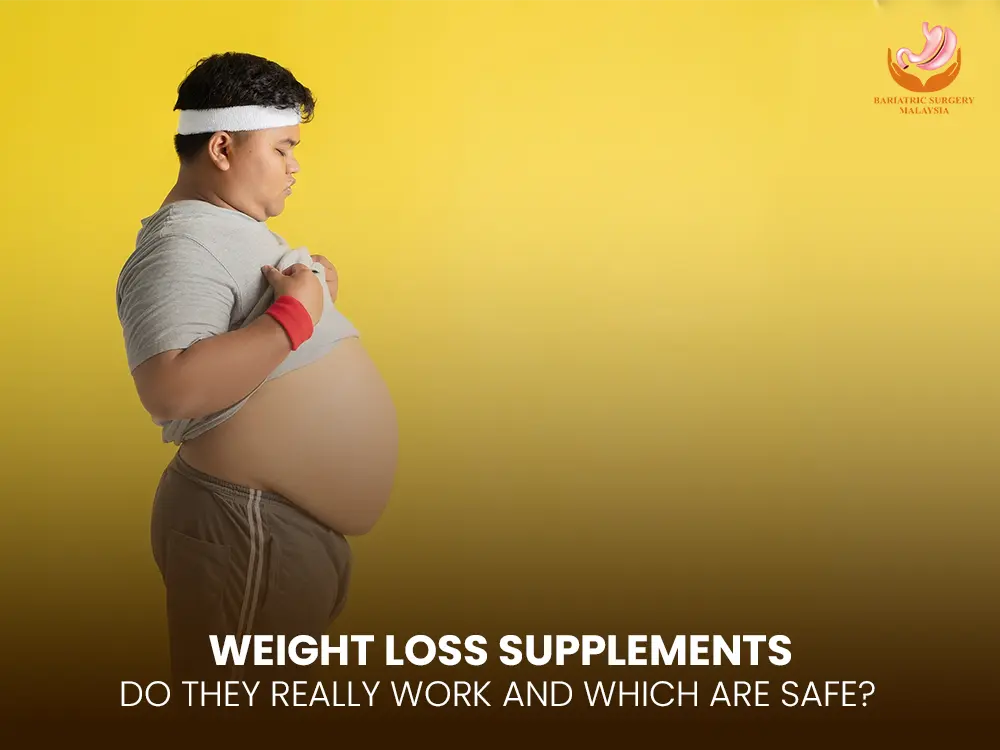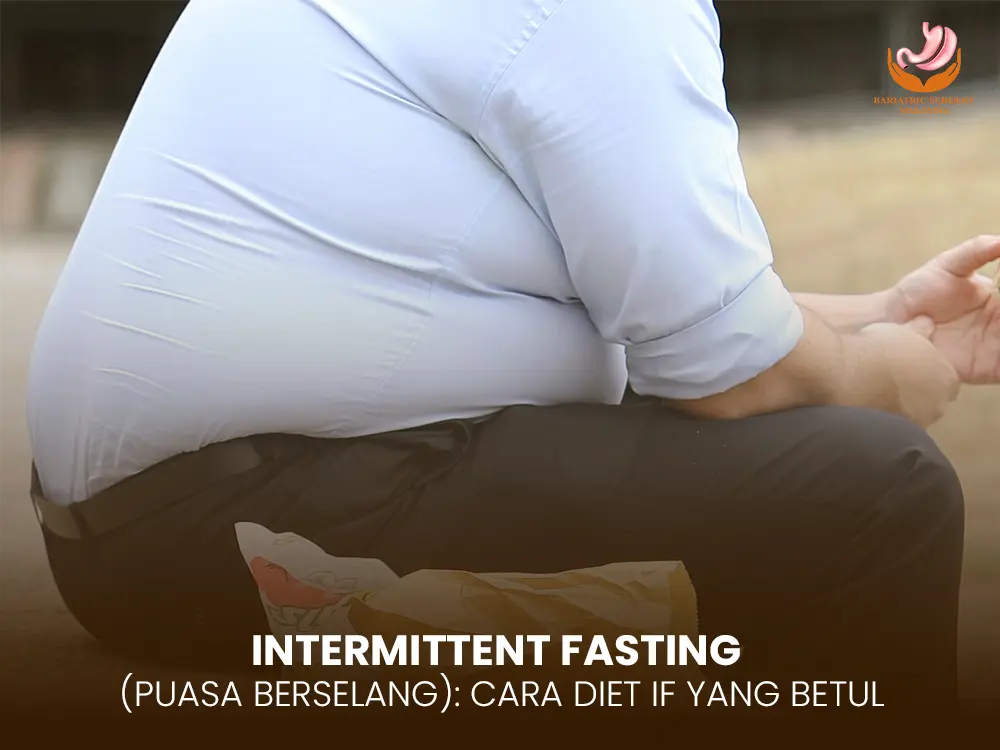Losing weight is not easy. For many people, a combination of healthy eating, regular exercise, and lifestyle changes is the foundation of sustainable weight management. Yet, interest in weight loss supplements has grown as more individuals look for additional support to accelerate results.
But do weight loss supplements really work? Which ones are safe? And how do you separate marketing hype from scientific evidence? This article breaks down the truth, covering the most popular supplements, how they work, and what you should know before trying them.
What Are Weight Loss Supplements?

Weight loss supplements are products designed to help individuals lose body fat, suppress appetite, or boost metabolism. They are available in many forms, including capsules, powders, teas, and gummies.
These supplements are usually classified into:
Natural/Herbal supplements: Plant-based ingredients such as green tea extract, Garcinia cambogia, or glucomannan.
Over-the-counter (OTC) fat burners: Typically containing caffeine, thermogenics, or carb blockers.
Prescription medications: Such as Orlistat or Phentermine, prescribed for clinical obesity management under medical supervision.
How Do Weight Loss Supplements Work?
Most supplements claim to work in one or more of these ways:
Appetite suppression – Ingredients like glucomannan and Garcinia cambogia may help reduce hunger by promoting satiety.
Metabolism boosting – Caffeine and green tea extract stimulate thermogenesis, leading to higher calorie burn.
Fat absorption blocking – Prescription drugs like Orlistat reduce fat absorption in the intestines.
Carbohydrate blocking – Some supplements claim to inhibit enzymes that digest carbs, though evidence is limited.
While these mechanisms sound promising, effectiveness varies widely.
Popular Types of Weight Loss Supplements
1. Green Tea Extract (EGCG)
Rich in antioxidants, green tea extract is one of the most studied supplements. It may increase fat burning during exercise and improve metabolism slightly.
2. Garcinia Cambogia
Once hailed as a miracle supplement, Garcinia cambogia contains hydroxycitric acid (HCA), which may suppress appetite. However, research results are mixed, and side effects like digestive upset are possible.
3. Conjugated Linoleic Acid (CLA)
A fatty acid found in meat and dairy, CLA is marketed for fat loss and body composition improvement. Studies show only modest effects, and long-term safety is still debated.
4. Glucomannan (Konjac Root)
A natural fiber that expands in the stomach, promoting fullness. It is one of the few natural supplements with stronger evidence for short-term weight loss when combined with a calorie-controlled diet.
5. Caffeine
Found in coffee, tea, and many fat burners, caffeine boosts alertness and energy expenditure. While effective for short-term fat burning, tolerance develops quickly.
6. Prescription Medications
For individuals with obesity, doctors may prescribe:
Orlistat – Blocks fat absorption.
Phentermine – Suppresses appetite, used short-term under strict supervision.
These are more effective than OTC supplements but must be medically monitored.
The Role of Safety and Regulation
One of the biggest concerns with weight loss supplements is safety. Unlike prescription medications, most supplements are not strictly regulated. In Malaysia, products must be registered with the Ministry of Health (MOH), while in the U.S., the FDA monitors but does not pre-approve supplements.
Potential risks include:
Unlisted ingredients (common in unlicensed “slimming pills”)
Side effects such as anxiety, insomnia, diarrhea, or liver damage
Interactions with medications (e.g., blood pressure drugs, diabetes medications)
Always look for supplements that are:
MOH / FDA registered
Third-party tested for purity
Recommended by a qualified doctor or dietitian
Do Weight Loss Supplements Actually Work?
Here’s the truth: weight loss supplements are not magic pills.
On average, supplements may provide 2–5% more weight loss compared to diet and exercise alone.
The effects are usually modest and temporary unless combined with lifestyle changes.
Sustainable weight loss still depends on calorie control, nutrition, exercise, sleep, and stress management.
In other words, supplements can be a supporting tool but should not replace healthy habits.
Who Should Consider Weight Loss Supplements?
Individuals struggling with appetite control despite diet changes
Those seeking a mild boost in metabolism or fat burning
People with clinical obesity (under doctor supervision with prescription options)
Patients preparing for medical weight loss treatments (such as bariatric surgery) who require additional short-term support
Alternatives Beyond Supplements
If supplements are not effective or safe, other options include:
Medical nutrition therapy with a registered dietitian
Structured exercise programs tailored to weight loss
Pharmacotherapy under medical supervision
Bariatric surgery for severe obesity cases
Aesthetic procedures like liposuction for targeted fat removal (not a weight-loss substitute, but body contouring)
Final Thoughts
Weight loss supplements can provide a small extra push for people working hard to lose weight. However, they are not a substitute for a balanced diet, exercise, and medical guidance. If you’re considering taking them, always choose evidence-based, clinically tested, and safe products — and consult a healthcare professional before starting.
FAQs About Weight Loss Supplements
1. Do weight loss supplements really work?
They may help slightly, but results are usually modest. Supplements are most effective when combined with healthy eating and exercise.
2. Are weight loss supplements safe?
Some are safe, but many unregulated products may contain harmful ingredients. Always check if the supplement is MOH- or FDA-approved.
3. Which natural weight loss supplement works best?
Evidence suggests glucomannan (fiber) and green tea extract may be among the more effective natural options.
4. Can I take weight loss supplements without exercise?
You may see minimal results, but supplements are far more effective when combined with lifestyle changes like exercise and calorie control.
5. What is the difference between prescription and over-the-counter weight loss supplements?
Prescription options like Orlistat and Phentermine are clinically tested and regulated, while OTC supplements are widely available but less strictly controlled.



